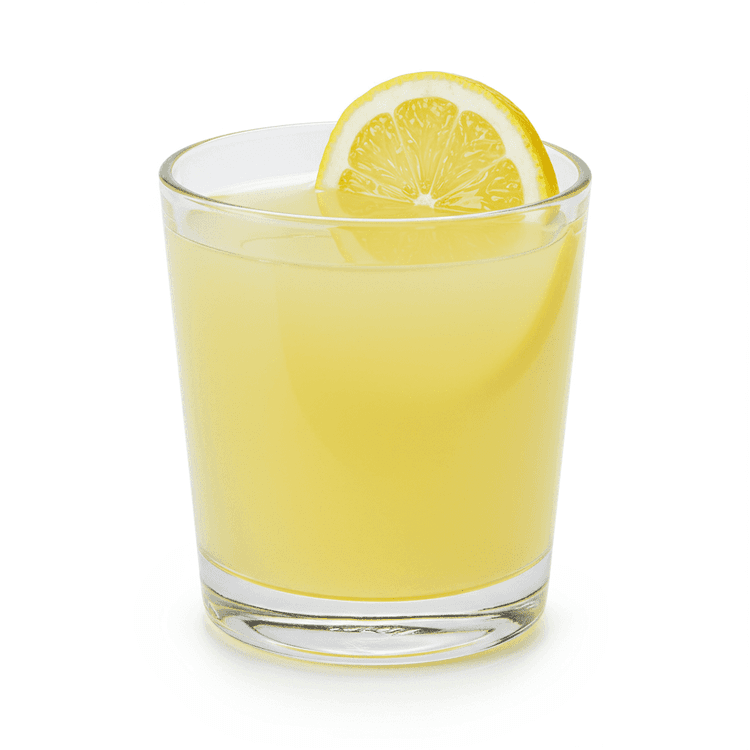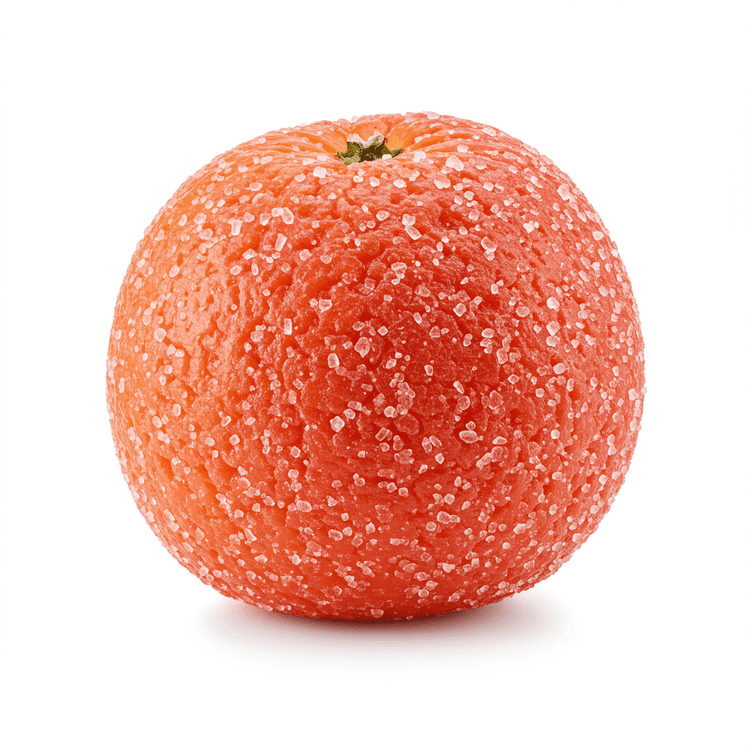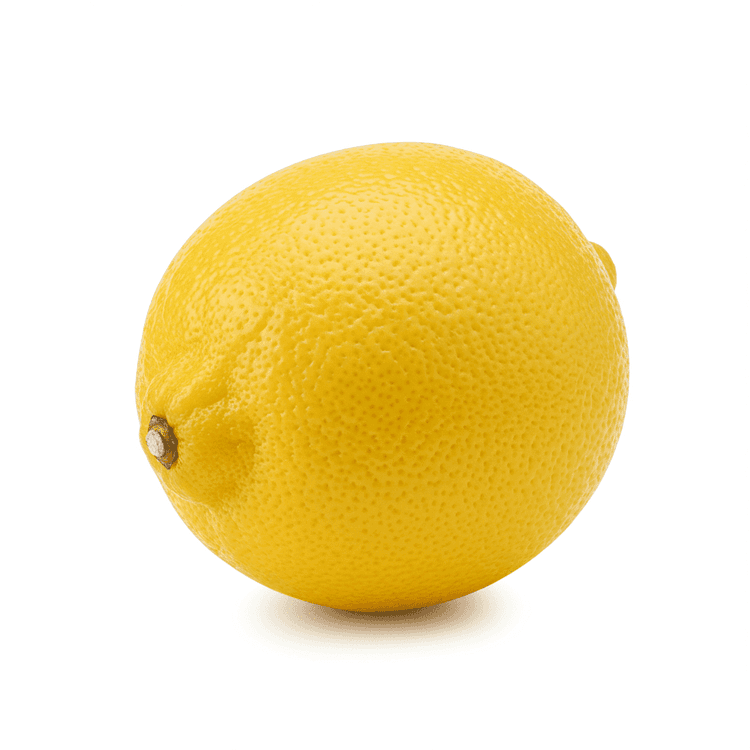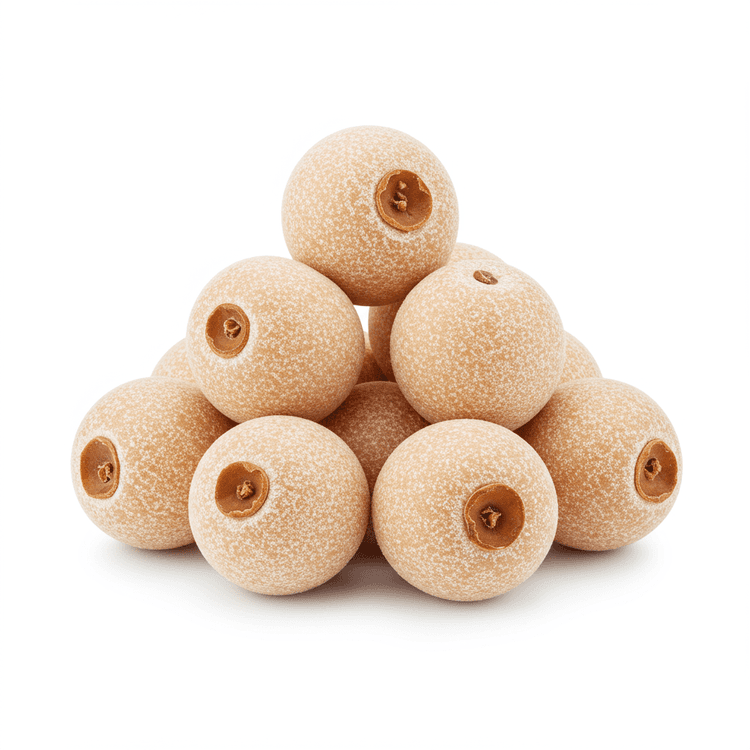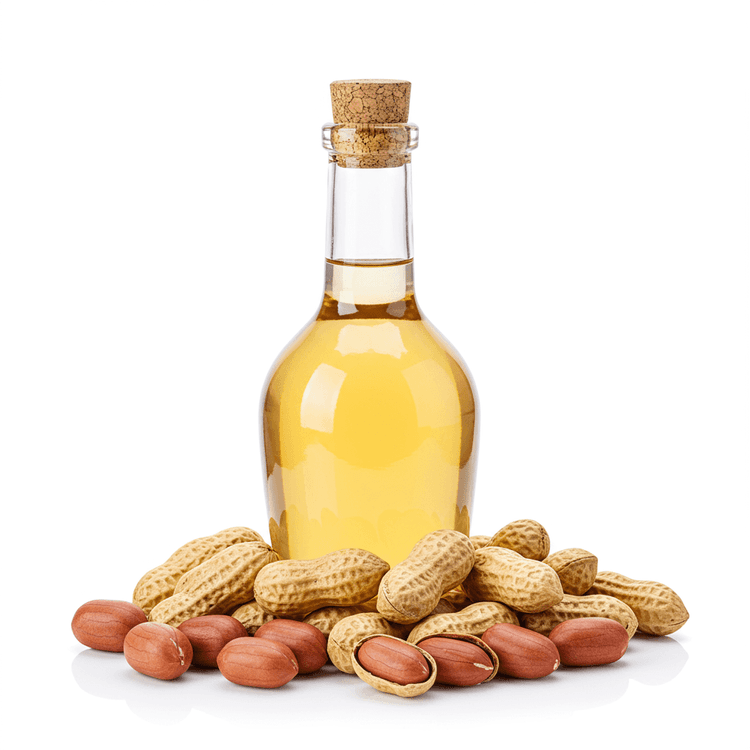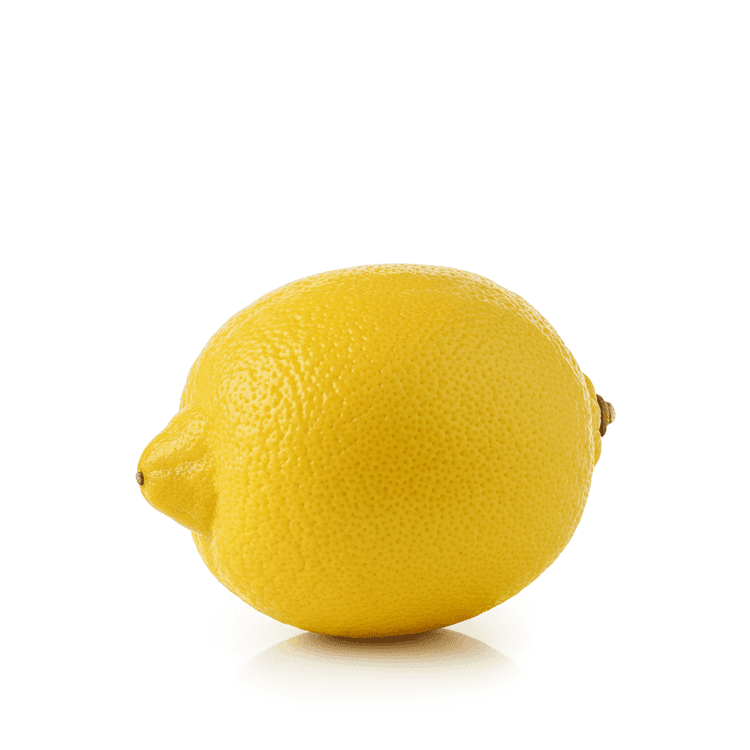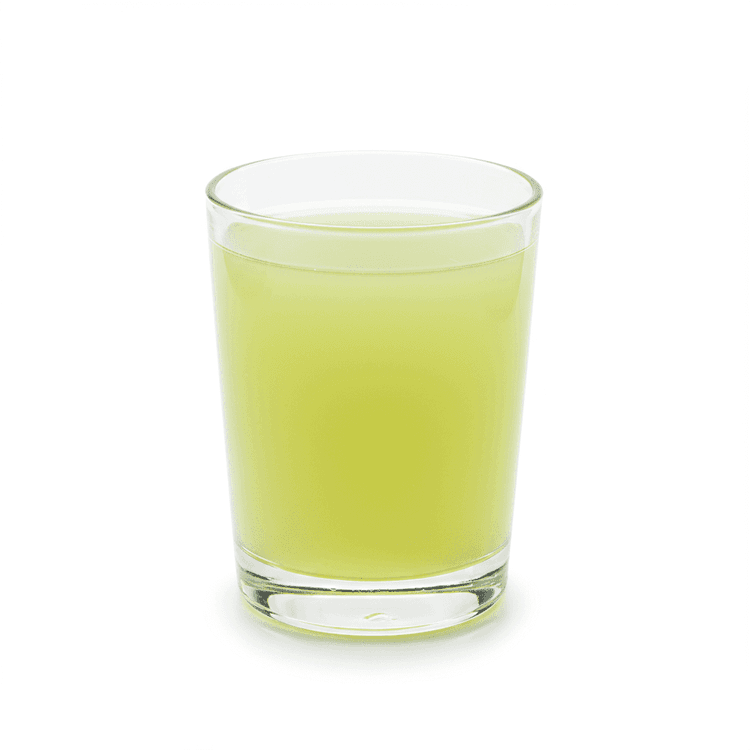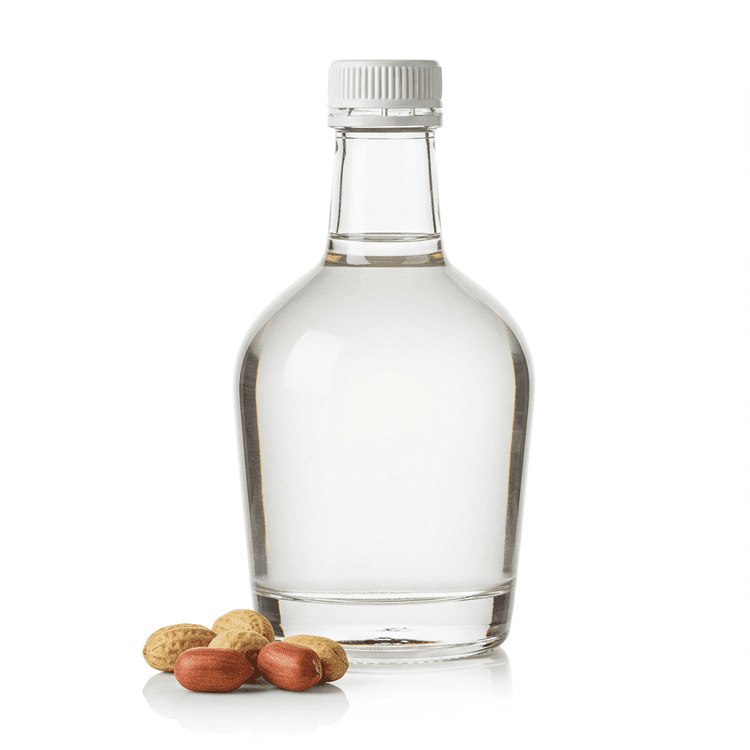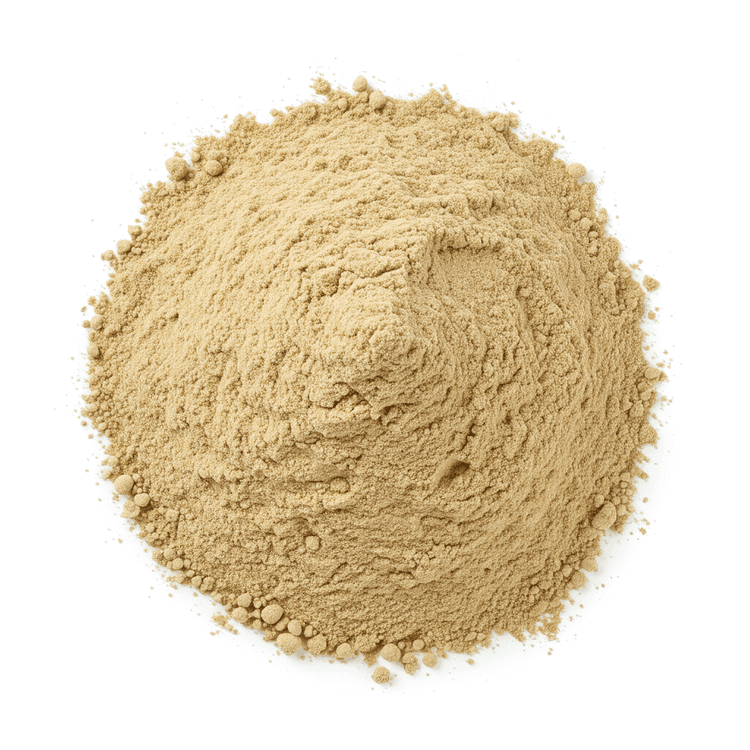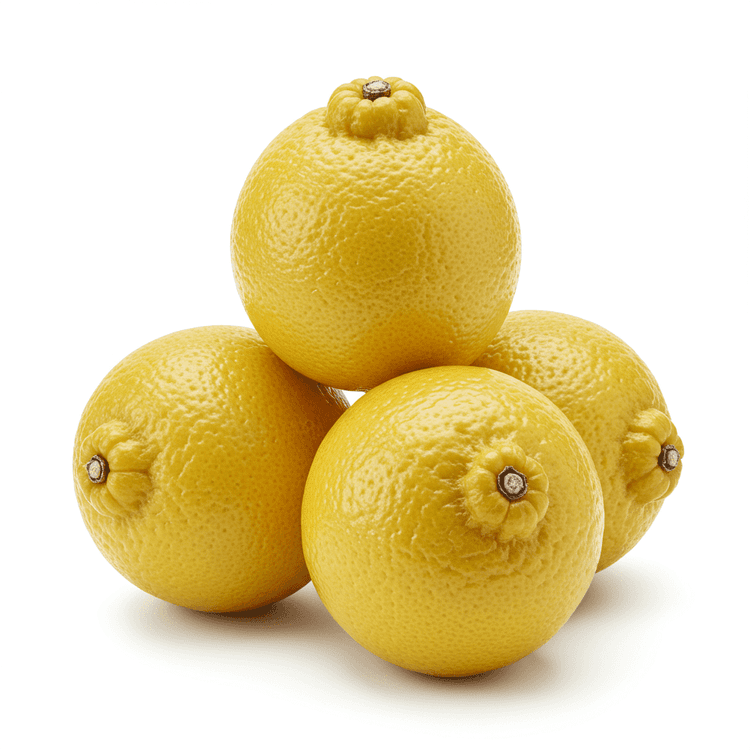
Citric Acid
Citric acid is a naturally occurring organic acid found in citrus fruits, but commercially it's produced through fermentation. It appears as a white, odorless, crystalline powder and is widely used as a flavoring agent, preservative, and pH adjuster in food and beverages. Citric acid provides a distinctly tart, sour, and acidic flavor profile. It readily dissolves in water, imparting its characteristic tang to various culinary applications. Home cooks and industrial food manufacturers use it equally often due to its effectiveness and versatility.
Common Uses
- To enhance the tartness in homemade lemonade, fruit juice concentrates, and other refreshing drinks, adding a vibrant, zesty flavor that complements sweet elements.
- As a natural preservative in jams, jellies, and canned fruits, preventing spoilage and extending shelf life by inhibiting the growth of bacteria and molds.
- To adjust the pH level in cheesemaking and other fermentation processes, ensuring optimal acidity for curdling milk or creating a favorable environment for beneficial microorganisms.
- As a flavor enhancer in dry rubs and spice blends for meats and vegetables, providing a subtle sour note that balances savory and spicy components.
- As a cleaning agent for descaling kettles and coffee makers, effectively removing mineral deposits and restoring the appliance to its optimal function.
- To prevent discoloration in freshly cut fruits and vegetables, like apples and avocados, by inhibiting enzymatic browning and preserving their vibrant color.
Health Benefits
- May help enhance nutrient absorption, particularly minerals like iron.
- Can act as a natural preservative in foods, inhibiting bacterial growth.
- Supports energy production in the body as part of the Krebs cycle.
- Some studies suggest it may help improve skin health due to its antioxidant properties.
- Used to balance the pH of the body, promoting overall wellness.
Substitutes
Chefadora AI is here.
Experience smarter, stress-free cooking.
Storage Tips
Citric acid should be stored in an airtight container in a cool, dry place away from direct sunlight and moisture. This will prevent clumping and maintain its potency. Proper storage ensures it remains effective for its intended use, whether for culinary or cleaning purposes. It does not require refrigeration and can be kept at room temperature.
Marnirni-apinthi Building, Lot Fourteen,
North Terrace, Adelaide, South Australia, 5000
Australia
